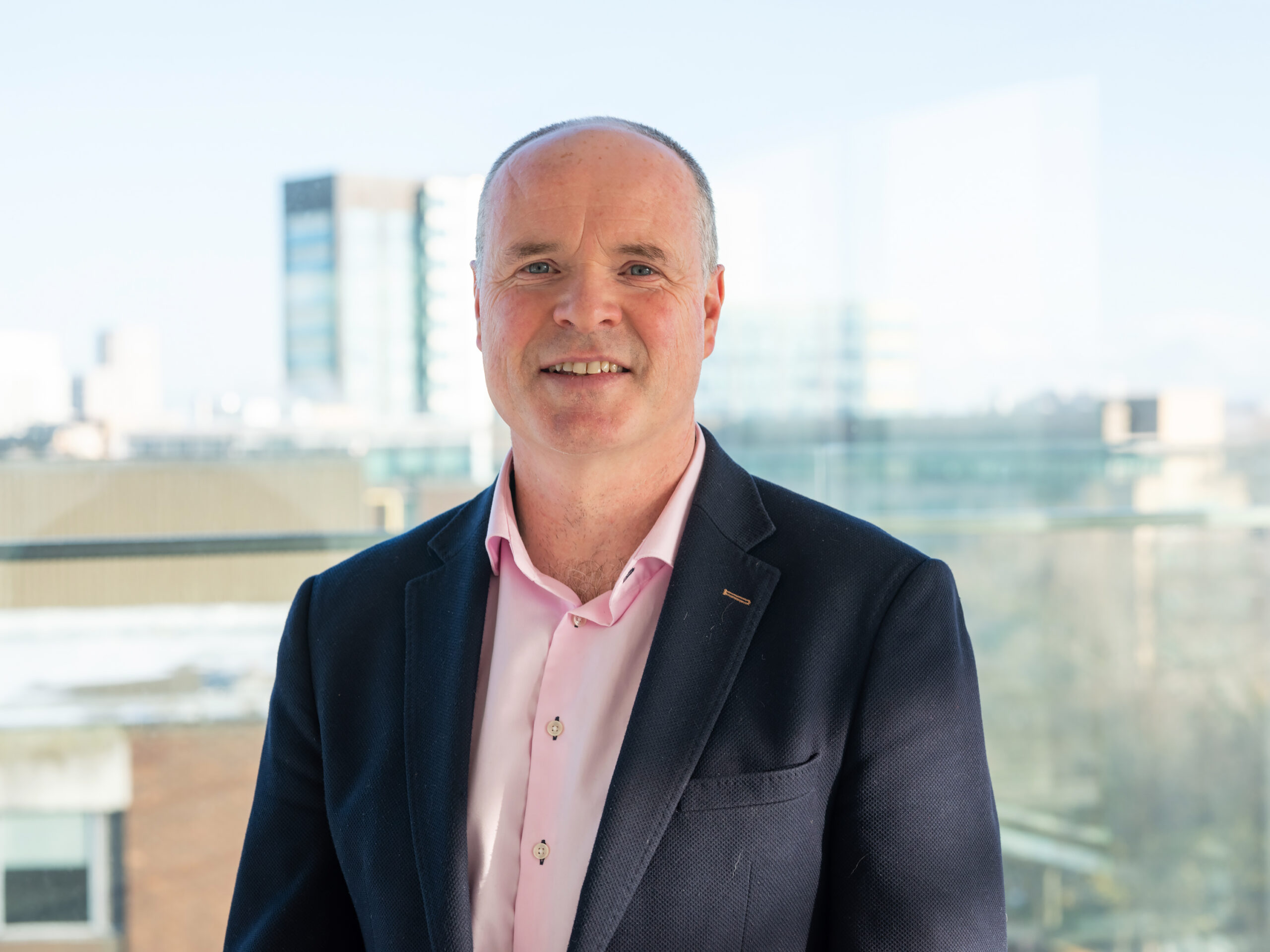Every morning before 9 am, Dave Kirwan receives a report on the price of gas from his integrated trading team in Cork. “They send a note that talks about the level of gas storage in Europe, the weather, movements in LNG (liquified natural gas) shipments… it talks about any movements or any disruptions in the Russian situation I need to know about,” the managing director of Bord Gáis said. Two years ago Kirwan said gas was trading at 50 pence a therm in the UK wholesale market. “This morning gas is trading at £3.50,” he said. “In November / December…
Cancel at any time. Are you already a member? Log in here.
Want to read the full story?
Unlock this article – and everything else on The Currency – with an annual membership and receive a free Samsonite Upscape suitcase, retailing at €235, delivered to your door.

